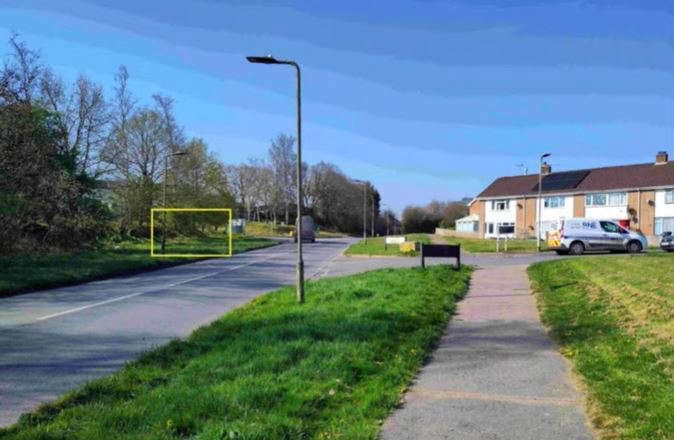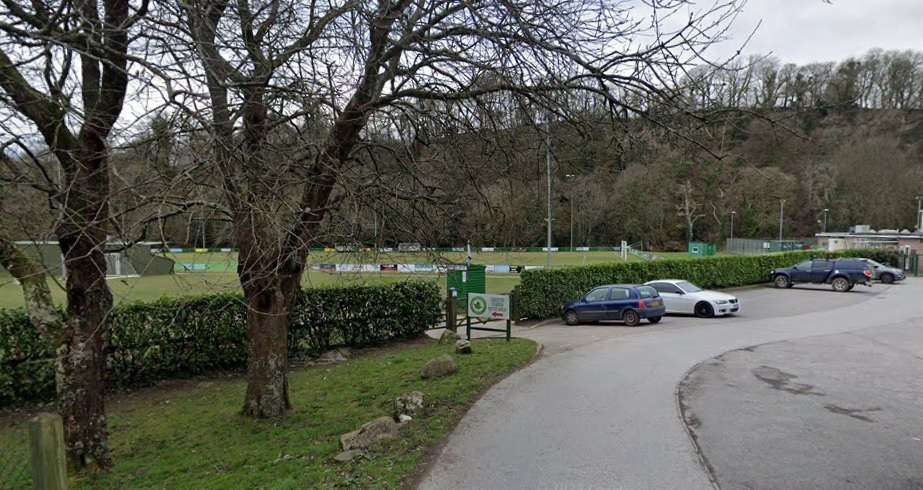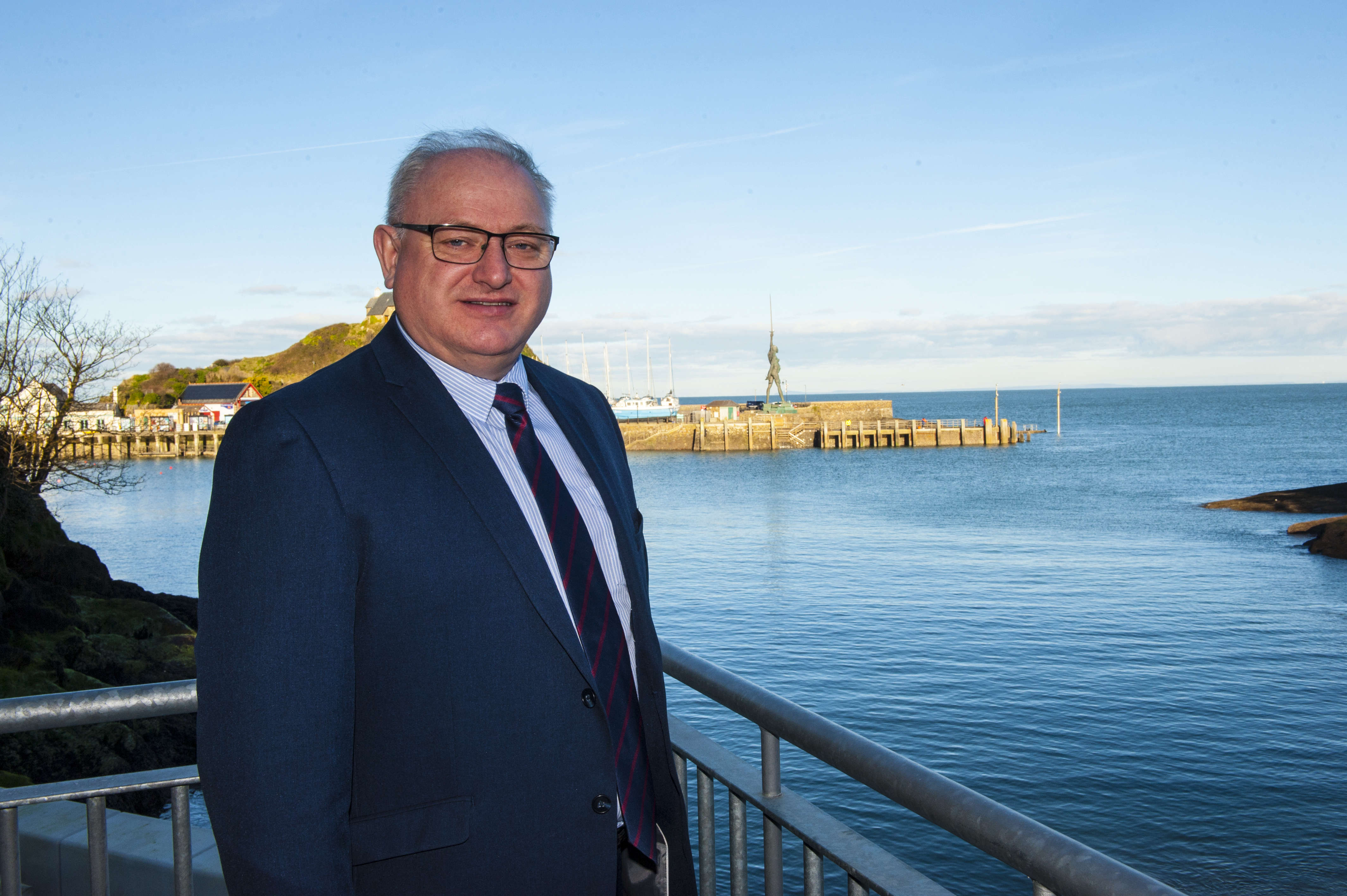
Battery storage facility rejected
West Devon planners have refused permission for a battery energy storage facility at Hatherleigh because of its visual impact and proximity to houses.
They raised concerns over fire risk and said the proposal by AMP Clean Energy would have a detrimental effect on the entrance to the heritage town.
Battery energy storage systems (BESS) store excess electricity, especially from renewable sources and release it when demand is high.
This flexibility is said to ensure a reliable power supply and is part of the UK’s net zero mission.
West Devon Borough Council’s development management and licensing committee was reminded by officers that the authority had declared a climate emergency and this was first of many applications of this type which would come forward. They recommended councillors support the plan.
But Cllr Patrick Kimber (Con, Hatherleigh) was worried for his community as the proposed site, on a grass verge on the edge of the Hatchmoor Industrial Estate, is next to a main road, with residents living opposite.
He said there were initial concerns from the highways department at the county council about road safety, Devon and Somerset Fire and Rescue Service (DSFRS) are still awaiting information, and Hatherleigh Town Council opposes the scheme.
The fire services says BESS sites pose specific hazards in the event of fire that are still not fully understood and that best practice to mitigate risk from them is still in development.
The committee was told that the development would not happen without the fire service being satisfied that the plan is “sufficiently robust.”
The unit would be behind a fence and further landscaping could be carried out to mitigate the visual impact.
Cllr Sam Wakeham (Con, Hatherleigh) said Hatherleigh is promoting itself as a place for holidaymakers and shoppers, and the proposal would have a “massive detrimental look on the gateway to the town”.
Cllr Caroline Mott (Con, Bridestowe) didn’t feel there is enough justification for the project.
Head of development for AMP Clean Energy Ben Wallace said the company had received 130 planning consents for identical schemes across the UK and is developing 1,000 battery box projects, which could all be used individually to serve the local population or in tandom as national infrastructure.
There is a need to accelerate clean flexible technologies “at scale” to meet the “ambitious” target for net zero electricity by 2030.
Over the 30-year lifetime of the project at Hatherleigh it is expected to save 5,000 tonnes of carbon. Subsequently everything would be removed, unless a new planning application came forward.
Mr Wallace said the storage facility would be “incredibly quiet” and the council’s environmental health officer had raised no concerns.
Although batteries could get get very hot and cause fires, he said, the lithium iron phosphate batteries pose a lower risk and fires of this type are “very rare” and sites “stringently monitored”.
A BESS fire in Liverpool in September 2020 was “different chemistry” he told planners.
Local resident Paul Richardson, who spoke against the proposal, claimed that since 2023 the south west had generated large amounts of surplus energy, mainly due to wind power, but this was not the case in other areas of the country.
Much of the energy was going to London and the south east, with the westcountry paying for infrastructure upgrades to transfer it to the national grid which meant escalating bills, he claimed.
The committee voted by five votes to three, with one abstention, to refuse the application.
 East Devon theatre needs your help
East Devon theatre needs your help
 Ivybridge football project given go ahead
Ivybridge football project given go ahead
 Farage condemns Devon's 'woke' Tories
Farage condemns Devon's 'woke' Tories
 Dangerous voyeur jailed
Dangerous voyeur jailed
 Zero-emission buses coming to Devon
Zero-emission buses coming to Devon
 Devon MP calling for NHS dental overhaul
Devon MP calling for NHS dental overhaul
